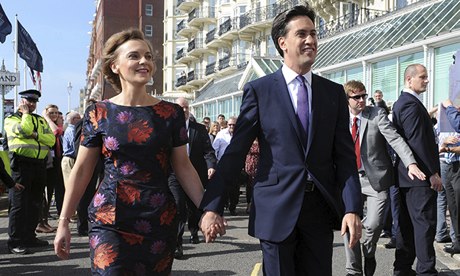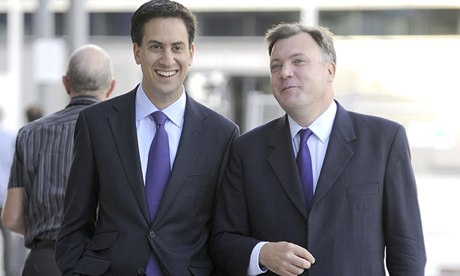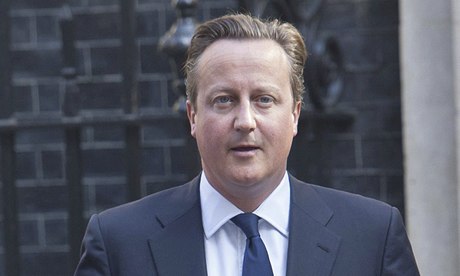Ali Khan Mahmudabad in the Times of India
In the face of unimaginable trauma there is often a desire to find something or someone to blame. Although perhaps a natural reflex, the implications of this are inevitably destructive as often stereotypes are perpetuated, prejudices are entrenched and motives are ascribed in order to try and ‘rationalise’ what has happened. In the aftermath of the tragic events of the mall bombing in Kenya, the suicide attack on a Church in Pakistan and the horrific riots in Muzaffarnagar in India, there will inevitably be the usual scramble to try and create accounts that will further the narrow interests of various political and ideological groups.
Some people will deride religion, others will blame hegemonic nation-states and domestic political parties and their factions and yet others will point to socio-economic reasons. In all this those who directly suffer as a result of these terrible events either become silent symbols of a particular ideological framework or become marginalized voices whose pain is co-opted even manipulated by others. Our actions, therefore, as citizens and members of society will have a direct bearing on whatever the outcome will be.
A few years ago there were two deplorable attacks by suicide bombers on the International Islamic University of Islamabad in Pakistan. One of the attacks was aimed at a canteen in the faculty and the timing of it was such that about 50 or 60 girls were there on their lunch break. The cowardly attack was partially thwarted by the valiant efforts of one of the janitorial staff, Pervaiz Masih, who was a Christian. Masih, wearing only ‘the armor of light,’ intercepted the bomber and prevented him from entering the canteen. He died in the attack and thus saved a number of people.
In India there have been many instances of brave people sheltering their neighbors and friends. In Muzaffarnagar, Brijender Singh Malik gave refuge to 150 neighbors, who were Muslims, knowing that he might be putting his own family in danger. In the Kenyan mall, Satpal Singh risked his life to save other people. A month ago 70 odd Muslims came together in Kishtwar in Kashmir to escort a Hindu marriage procession through volatile areas. Dr. Wajid was a part of the escort and referred to Dr. Ashish Sharma the groom as his ‘son.’ Kishtwar has also been experiencing so called ‘Hindu-Muslim violence’ for over a month. It would of course be easy to label each of these acts, as has been done by the media, as that of a Christian, a Hindu, a Sikh or a Muslim but ultimately it is impossible to deconstruct why they did what they did without doing injustice to the act itself. It requires true courage to not impose our individuality on others.
As these recent events, like tragedies past, become part of the hazy landscape of history, those time old questions confront us yet again. How do we learn? What do we do with the memory of these events? It is firstly important to introspect and rid ourselves of our own prejudices and preconceptions. If this does not happen then inevitably we will seek to place the burden of these on other people. We will seek to see the victims not as subjects in themselves but as part of our particular story.
In other words it is important to decide whether we want to use these experiences constructively to help re-build the lives of those affected, be a part of the history of their future or whether we want to use these events to further our own agendas. This is a hard task because it invariably means that we have to critically scrutinise ourselves and decide on what it is that we want, what defines us and what we ultimately hold to be most precious. Of course, it is never as simple as being able to make a black and white list of what is important or not for our lives are constantly in a state of change. Therefore ideally what emerges is a context in which we are perpetually in conversation with ourselves. It is when this conversation, this self-questioning, stops that space for bigotry is created.
In a recent article, a columnist for BBC Urdu, Wusatullah Khan, wrote scathingly about the way in which certain religious and social groups have been written out of the pages of Pakistan’s history. In the article he recalled the reaction of a media person to the courageous sacrifice of Masih in which the reporter said “even though Masih was from the Christian community, he sacrificed his life for the love of the homeland.” Khan wrote that the words ‘even though’ cause him great sorrow to this day. Those two words, perhaps spoken out of no malice, reveal the way in which an entire society has been conditioned to assume that a patriotic Christian in Pakistan is an aberration, not to mention the fact that standing up to oppression is not the preserve of any religion, race or country.
The onus of bringing about change therefore lies on us, the individuals who form society. It is well known and even well accepted that governments and political parties inevitably act out of self-interest. Therefore, the responsibility of holding governments to account lies with the citizens. If anywhere, the conscience of a country resides in its citizens. Of course, if a society chooses to advocate hate or to remain silent in the face of oppression then the government will only reflect their stance.
Whether a person is pointing the finger of blame at another, or indeed pointing a gun at someone, it is important to remember that three of the fingers of that hand are pointing back at themselves. This oft quoted aphorism of Imam Ali is perhaps particularly important as each one of us has the tremendous responsibility of being able to decide how these tragedies will be seen in the future. Will we allow them to be co-opted to fuel the myopic bigotry of some people?
It is not Hindus who pose a threat to Muslims or Muslims who are an existential danger for Hindus. The threat to all members of society is from the cynical politics of fear that thrives on creating and encouraging bogies to distract people from the very real issues at hand. The pressing issue then is whether we allow this kind of politics to take root. At this crucial juncture it is not only important to underscore how important our actions will be in determining how we look at the past but also to highlight that the intentions behind the actions are equally, if not more, important. The following quote from the Bible (Corinthians:13) eloquently illustrates this.
“If I speak in the tongues of men or of angels, but do not have love, I am only a resounding gong or a clanging cymbal. If I have the gift of prophecy and can fathom all mysteries and all knowledge, and if I have a faith that can move mountains, but do not have love, I am nothing. If I give all I possess to the poor and give over my body to hardship that I may boast but do not have love, I gain nothing. Love does not delight in evil but rejoices with the truth. It always protects, always trusts, always hopes, always perseveres.”





